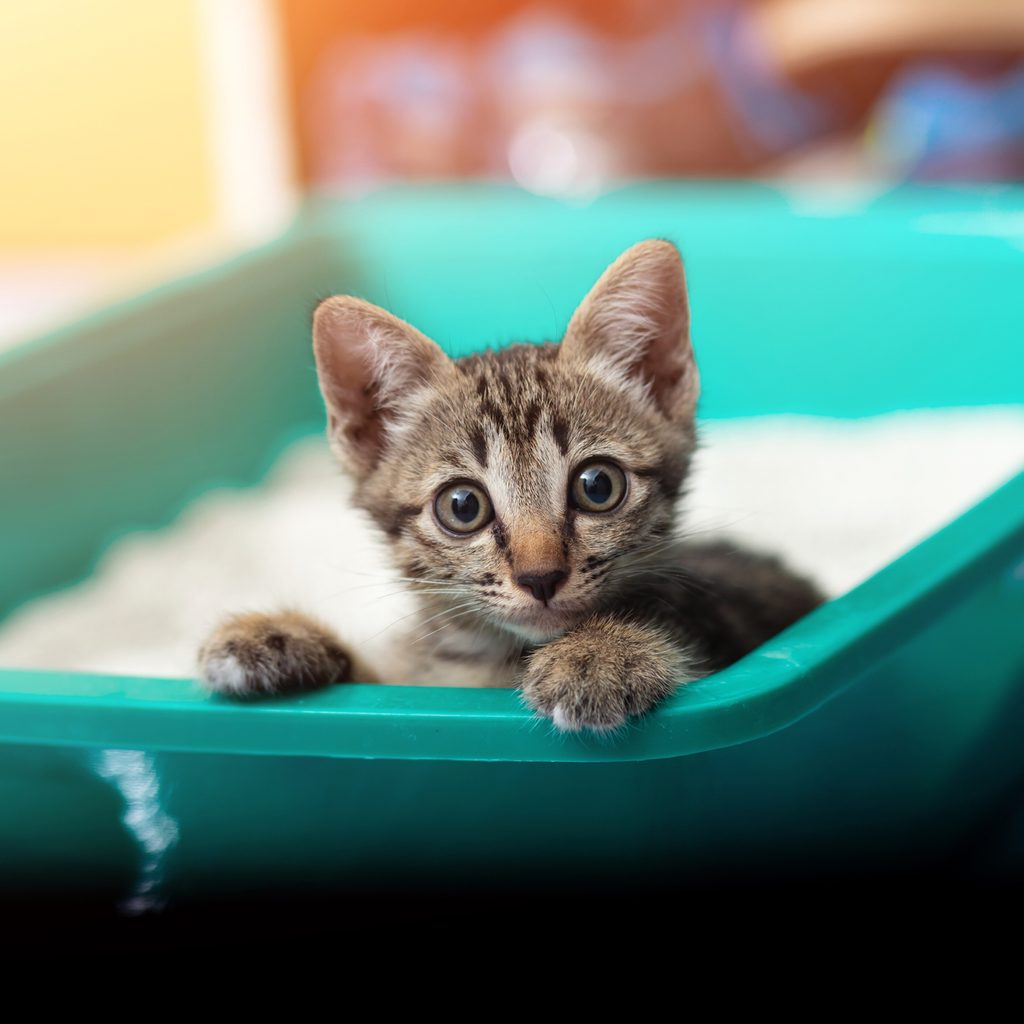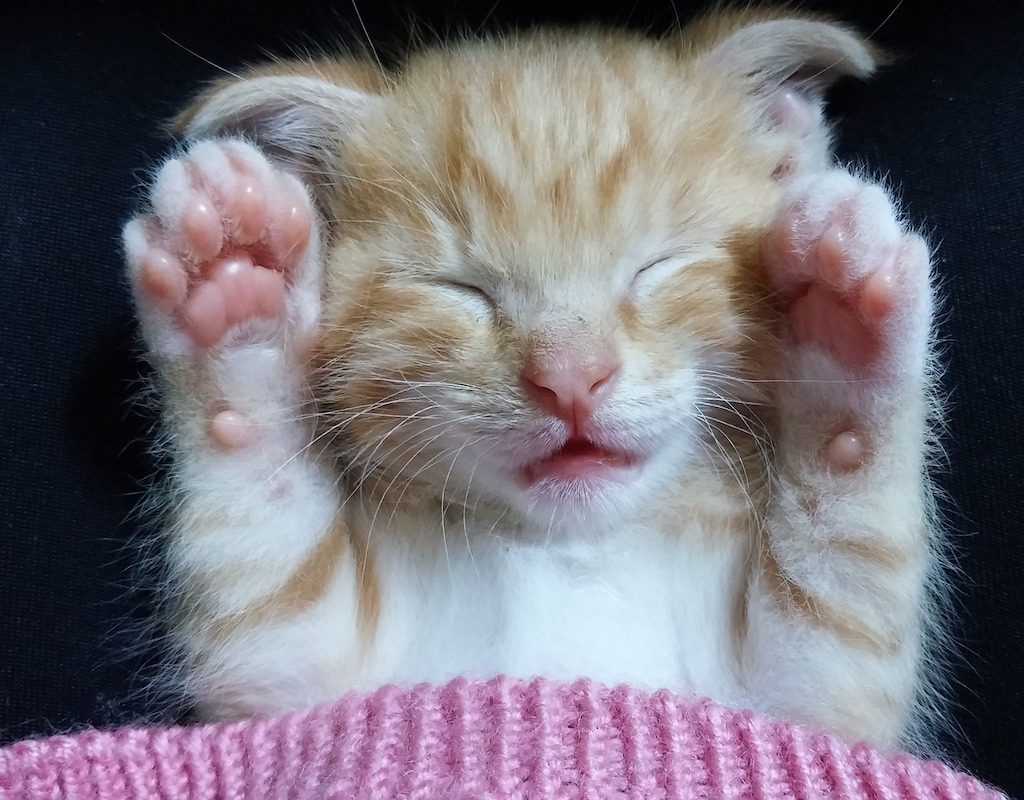Fostering saves lives. According to the American Society for the Prevention of Cruelty to Animals, approximately 3.2 million cats entered animal shelters nationwide last year. Sadly, 860,000 cats were euthanized at shelters. That number has dropped dramatically over the past decade for several reasons:
- Low-cost spay/neuter programs
- Microchipping of pets, which reunites many lost pets with their owners
- Fostering
Kitten fostering has made a huge impact on the shelter cat population. If you’ve ever considered taking on a litter of foster kittens but weren’t sure what to expect, we have the answers.

What is kitten fostering?
Overcrowded and understaffed animal shelters often can’t give kittens the special time and care they need. Allowing volunteers — like you — to foster kittens in their own homes not only frees up valuable shelter space but also provides these tiny tabbies with more care, time, and attention than they could hope to get in a busy shelter.
Whether you take in a mother cat and her nursing kittens or kittens without a mother, you’ll provide these little babies with the love and care they need. But the real beauty of fostering is that your kittens will not only grow bigger and stronger but will also gain the social skills that will make them more likely to be adopted than a kitten that is shy, scared, or aggressive.

Supplies you’ll need for kitten fostering
The two most important requirements for successful fostering are time and space. You’ll need to be able to devote time to nurturing, socializing, cleaning, and feeding your foster kittens. You’ll also need a designated space where they can roam and play safely.
Most shelter and animal rescue fostering programs will provide you with all the essential supplies you’ll need:
- Kitten meal replacer, which is a formula needed for bottle feeding. (Note: Don’t give kittens cow’s milk; it will give them stomach upset.)
- Wet and dry kitten food
- A nursing bottle (if needed)
- Litter box and litter
- Cat carrier for transporting the kittens to vet and shelter appointments
- Food and water bowls
- Cozy blankets or a cat bed
- Kitten toys

What to expect when fostering kittens
Whatever you think about fostering kittens, it will always be more — more work, more rewarding, and more fun. Your foster kittens’ age and overall health will determine how much care they’ll require, with tiny bottle-fed babies needing more work than slightly older kittens. The number of kittens in the litter will also dictate how demanding your job as a foster parent will be. Generally, shelters like to keep litters together, so you will get the whole litter to care for, whether that be one kitten or six.
Most shelters and rescue groups keep close tabs on foster kittens through regular checkups to make sure they are hitting growth milestones, don’t have any medical issues, and are exhibiting typical kitten behaviors (lots of play, followed by lots of sleep, then repeat … all day long). All medical care and vet visits are covered by the shelter or rescue group, and they will keep you on schedule for any shots, tests, or treatments the kittens require. The shelter should also provide you with emotional support and 24-hour answers for any questions or kitten emergencies.
Generally, kittens are considered ready for adoption at two months of age. Once they hit two pounds (which usually coincides with their two-month birthday), they will be tested to ensure they are healthy, and once cleared, they will officially be available for adoption.
Over the years, we’ve discovered a few tips and tricks that have made fostering a whole lot easier:
- One of the best investments any kitten foster parent could make is to purchase a mesh-panel pet playpen with a zip-off roof. You can find them online or at your local pet supply store. Line the bottom of the playpen with newspapers or puppy training pads to make cleanup easier.
- Kittens aren’t born knowing how to use a litter box. While they are learning, use small disposable aluminum trays. Particularly with litters of two or more kittens, the amount of litter changes per day can be extensive, and it’s just easier having multiple throwaway trays that can be replaced every few days.
Note: Always scoop and clean the kittens’ litter box multiple times per day. Regular cleaning of the litter box will help train kittens for a lifetime of proper litter box behavior.
- Ask friends and neighbors for used-towel donations to create cozy sleeping spaces. Kitten messes are much easier to clean if you can simply throw towels into the wash.
- Inform potential adopters of the benefits of adopting a pair of kittens versus a single kitten. A bonded pair of kittens will play and snuggle with each other long beyond their kitten years.
Now comes the hardest part….
Foster failures: The struggle is real
One of the most bittersweet days for any foster parent is seeing your little one(s) heading off to their forever home. As difficult as that is, your job is to raise them and then say goodbye. The shelters usually do an outstanding job in vetting potential adopters to ensure that your fur baby ends up with the best possible home.
Every once in a while, a foster parent won’t be able to part with their foster kitten(s) and will end up formally adopting them. In the fostering world, it’s known as a “foster failure.” When it happens, it’s a wonderful thing for both the foster parent and the foster kitten, but you cannot keep them all. Your job is to help as many as possible, and to continue doing that, you must let them go.
Fostering is a great way to volunteer and make a real difference in helping homeless animals. Watching your kittens grow and learn is incredibly rewarding, and if you are truly lucky, your adoptive parents may send you regular updates so you can keep up with your growing kittens.


